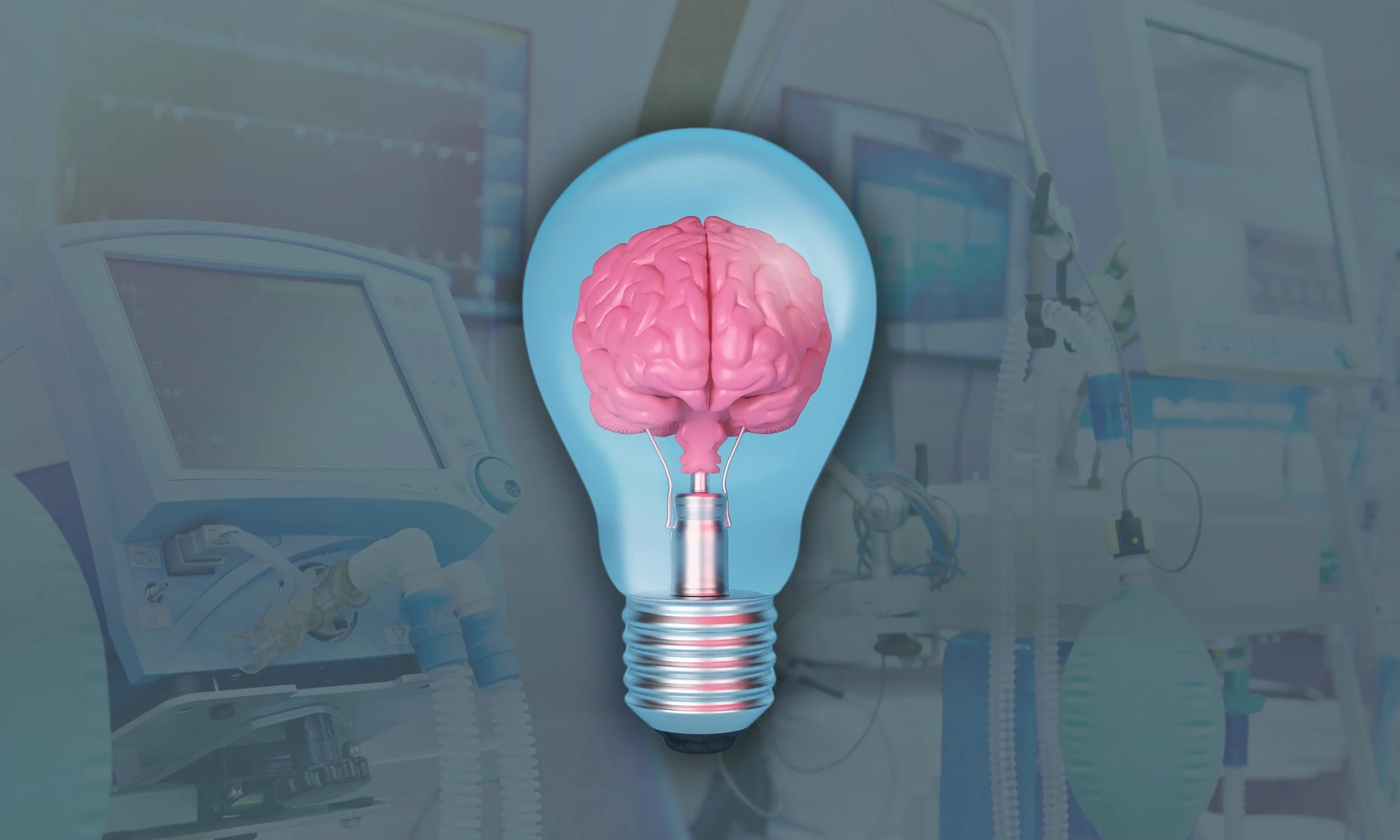Could ketamine prevent hospitalizations and decrease mortality in patients with anxiety disorders who haven’t responded to traditional therapies? As it turns out, it’s possible! According to the International Neuropsychiatric Association’s review of the literature on the efficacy and safety of ketamine in the management of anxiety and anxiety spectrum disorders, there is increasing evidence that ketamine can offer new ways for treatment-resistant patients to manage their anxious symptoms. Anxiety disorders are the most widespread of psychiatric conditions, as well as one of the most common coexisting psychiatric symptoms in other psychiatric conditions. If ketamine can play a role in managing those disorders, it is important that we understand its impact.
In investigating multiple studies, the evidence is limited yet growing to indicate that ketamine has an effect on instances of Generalized Anxiety Disorder, anxious symptoms in Bipolar Disorder, Social Anxiety Disorder, Obsessive Compulsive Disorder, and Post-traumatic Stress Disorder. Moreover, several of the published reports on ketamine in the management of anxious symptoms are in patients showing both depressive and anxious symptoms.
The use of current pharmacologic therapies is limited by a delay in onset to action (6-8 weeks), low rates of remission (25-35%), and high rates of non-response (40-50%). Certain medications such as benzodiazepines are known to provide immediate relief of symptoms of anxiety, but they are associated with long-term concerns about dependence and tolerance. Ketamine appears to have a unique mechanism of action, quick onset, a limited side effect profile and a favorable safety profile, making it an attractive contender to treat anxiety disorders.
Mechanism of Action
“There is increasing evidence that glutamate dysfunction plays a significant role in depression, anxiety, and trauma-related disorders.” (Banov, Michael D., et al.) Ketamine is theorized to work by blocking the activity of glutamate receptors which “blocks the stimulation of the NMDA receptor and results in...increased neurogenesis and neuroplasticity. This helps...restore [patients’] neuronal activity and synaptic strength in the prefrontal cortex, restoring and resetting their brain back to a healthier state.” This, however, may not fully explain ketamine’s psychiatric benefits considering other medications that antagonize the NMDA receptors have not necessarily shown antidepressant effects consistently.
Onset Rate
Ketamine’s onset is immediate when administered intravenously, with 100% bioavailability. Compared to the average onset to action of current pharmacologic therapies (6-8 weeks), ketamine fares way above average. This kind of relief is crucial for patients who have suffered for years, especially if they are treatment-resistant.
Side Effect and Safety Profile
A few physical symptoms associated with ketamine use include elevated blood pressure, tachycardia, shortness of breath, and gastrointestinal disorders. Patients often dissociate depending on the dose, occasionally leading to drowsiness, blurry vision, and feeling strange and unreal, lasting a few hours after the treatment. There are a few isolated cases which report “mania, and very little evidence for worsening of anxiety, OCD, PTSD, or panic symptoms. Safety and tolerability of ketamine in 97 treatment-resistant depressed patients undergoing a total of 205 infusions...was reviewed...There was no evidence of ketamine cravings, drug cravings, and substance abuse at follow-up.” (Banov, Michael D., et al.)
Ketamine, when safely administered intravenously by a medical professional, can have a high impact with low side-effects on patients with anxiety or anxiety disorders. Ketamine can raise hope in those who are treatment-resistant, even though its mechanism of function is still not entirely understood. “There is no unifying genetic, psychosocial, neurobiological, neuroanatomical, or neuropsychological etiology that links all anxiety disorders together,” (Banov, Michael D., et al.) however, multiple studies are showing ketamine’s benefit across those disorders.
References:
Banov, Michael D., et al. “Efficacy and Safety of Ketamine in the Management of Anxiety and Anxiety Spectrum Disorders: a Review of the Literature.” CNS Spectrums, May 2019, pp. 1–12., doi:10.1017/s1092852919001238.











Dr. Ko shares a personal story about chess grandmaster Josh Waitzkin, who got worse at chess when he abandoned his natural aggressive style for expert advice. Drawing parallels to his own experience rebuilding after a clinic explosion, Dr. Ko explores how authenticity often serves us better than trying to be perfect, and how ketamine therapy can help patients reconnect with their true selves.